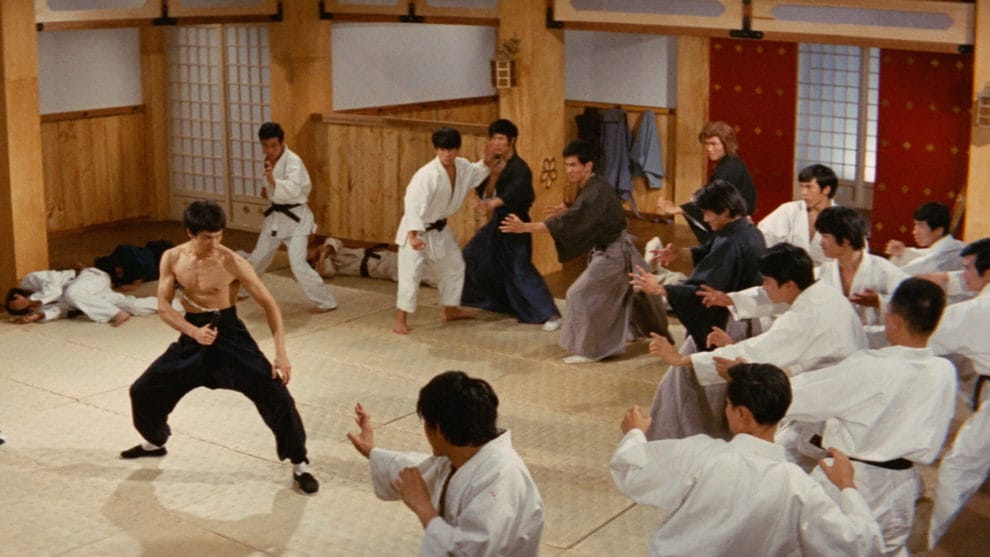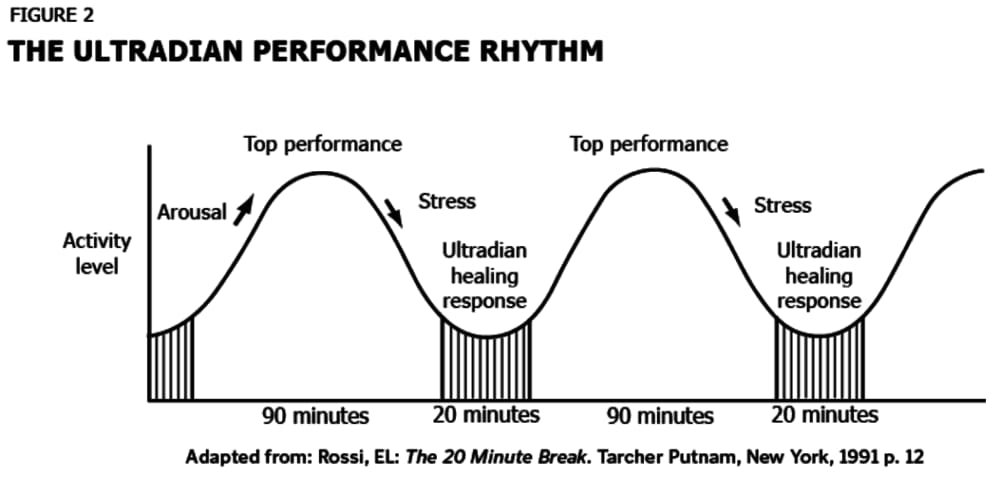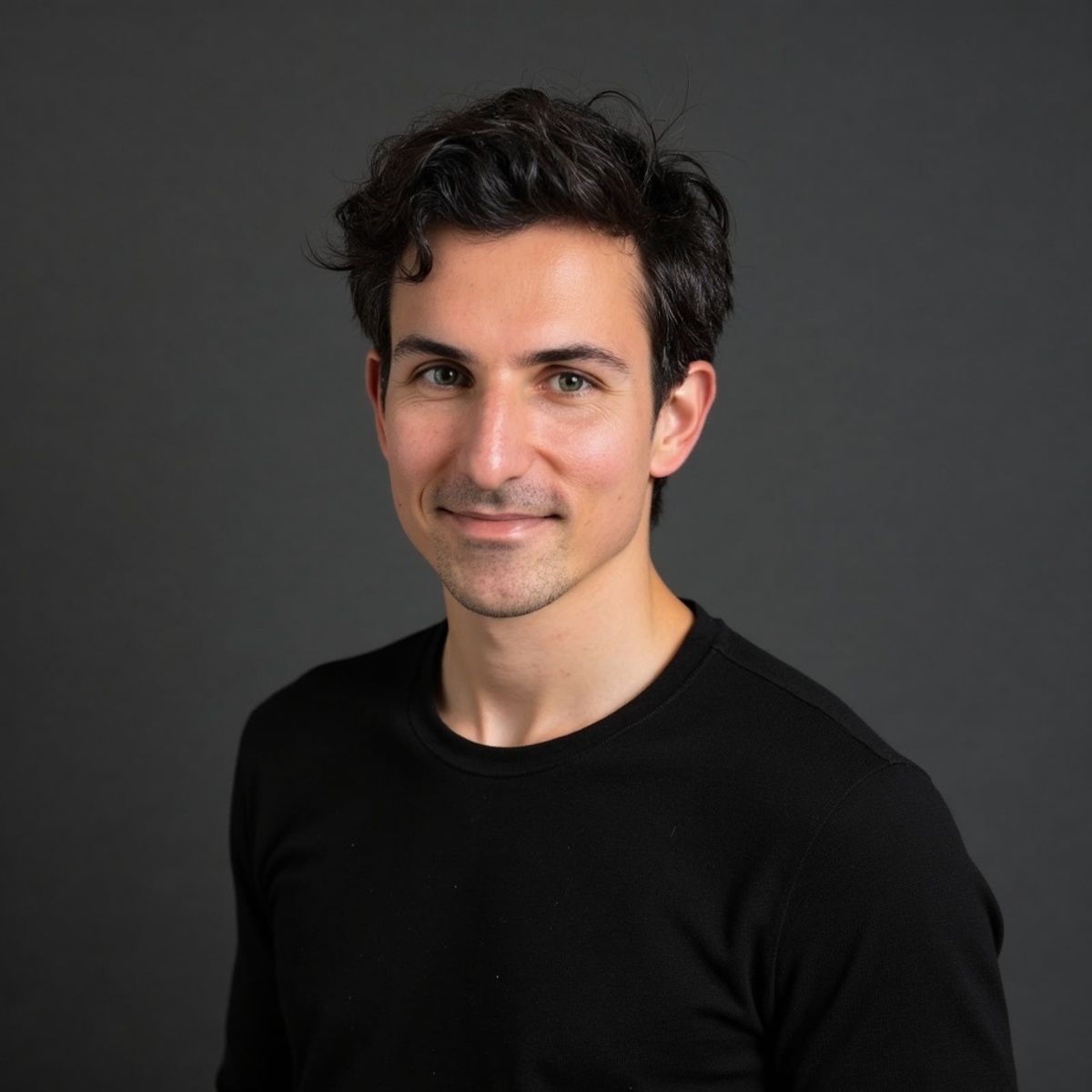I’m sitting on a deck in North Carolina, surrounded by beauty. The trees sway gently, the air is crisp, and I have time—real, uninterrupted time—to just be. I brought a book. I could meditate. I could simply sit and enjoy the moment. And yet, an urge creeps in, almost compulsively: Open the laptop. You’ve got time to get stuff done.
Even here, even now, I feel the pressure to keep building. I know I should rest, but rest doesn’t feel productive.

Is this you? Then keep reading
It seems as if I can never truly let go of work, never take a real break. Why is that? Who or what is telling me to ignore the beautiful landscape around me and the wonderful company I’ve got and instead stare at a screen for hours at a time? The answer might be different for you, but the underlying anxiety is familiar to many of us. We live in a culture that glorifies hustle, where productivity is often equated with self-worth. The pressure to constantly be doing, achieving, and moving forward can feel relentless. And so, even in the most peaceful moments, our minds remain tethered to work, unable to fully embrace the present.
But what if the way we think about time off is all wrong? What if rest isn’t about stepping away from productivity, but actually a crucial part of it?
Quality over Quantity
If rest feels unproductive to you, the issue isn’t taking a break—it’s how you take it. Even short, well-structured breaks can be highly effective in reducing fatigue and improving mental clarity. Most importantly however, the key is choosing the right kinds of activities: ones that truly shift focus away from work rather than keep our minds half-engaged in it. If you do it right, your day might start looking like this:
Think of it this way: No professional athlete would train every waking moment of the day without rest. Recovery is a critical part of performance—without it, they’d burn out, get injured, and ultimately underperform. And yet, in knowledge work, constant hustle is often glorified, while rest is seen as laziness. This contradiction is absurd: just like physical endurance requires recovery, so does mental endurance. Without real breaks, our focus, creativity, and overall productivity suffer.
Active Inactivity
In one of my all-time favorite books Zen In The Martial Arts, author Joe Hyams recalls a conversation with the Polish saber champion Bronislaw Kaper, who gave him this piece of wisdom:
Compare doing nothing to a pause in music. A pause is not a lack of music, it is an integral part of the composition. If a conductor does not hold a pause to its full value, it is like cutting into the flesh. As Claude Debussy said, ‘Music is the space between the notes.’ The masters of good phrasing, like good martial artists, are men who pay as much attention to pause and silence (nonaction) as to action.
Later on in the chapter, he discusses the idea with the infamous Bruce Lee, who tells him:
When I attack, I always try to pause—stop action—to study my opponent and his reaction before going into action again. I include pause and silence along with activity, thus allowing myself time to sense my own internal process as well as my opponent’s.

Bruce Lee, pausing before making a move in his movie Fist of Fury (1972)
So the idea of Active Inactivity seems to be a fundamental concept essential to the creative process. It is well understood and taught by masters across a wide range of human skillsets, studied and confirmed by scientists and—if you ask me—is crucial to internalize for anyone who aims to master a craft of their own.
Four Tips On How To Be More Productive With Less Work
If you also feel like you’re “always on” and want more balance in your life, here’s what to keep in mind:
Check your mindset - Do you believe working long hours makes you more productive? Remind yourself of the benefits of Active Inactivity
Notice your impulses – Simply being aware of the urge to keep working can help you pause and redirect your focus.
Be intentional about your activities – Instead of checking your emails, engage in physical movement, connect with others, or practice mindfulness to truly recharge.
Prioritize quality over quantity – A few minutes of mindful rest is more effective than a distracted 30-minute break scrolling on your phone.
This is a work in progress for me, and maybe it is for you too. If you’ve ever felt guilty about taking a break, or worried that time spent resting is time wasted, know that you’re not alone. But also know this: we don’t just work to survive. We work to build a life we want to live. And sometimes, the most productive thing we can do is stop and actually live it.



